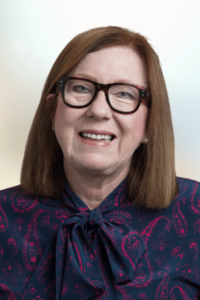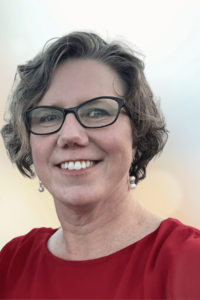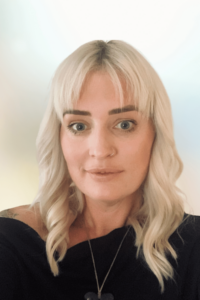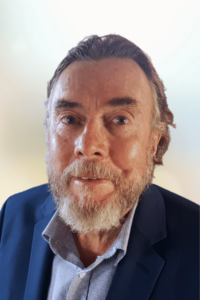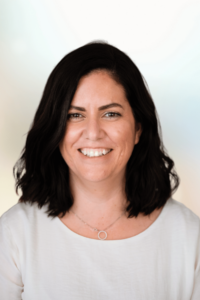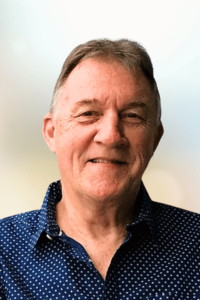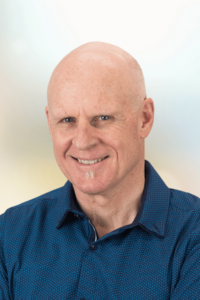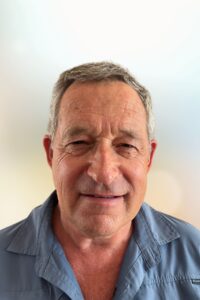Consumer Advisory Panel
Improving clinical trials through consumer engagement
The medical advances made through our clinical trials would not be possible without the thousands of melanoma and skin cancer patients who agree to take part in our research. To ensure our clinical trials are designed and conducted with the patient’s best interests in mind, we regularly seek advice from our Consumer Advisory Panel.
Formed in 2021, our Consumer Advisory Panel, led by Alison Button-Sloan, helps our investigators to better understand the lived cancer experience and design trials with a patient-centred approach. They help researchers identify critical issues and barriers patients may face during a trial and co-develop patient friendly trial materials.
The guidance provided by our Consumer Advisory Panel ensures our investigators deliver clinical trials with impactful research outcomes that benefit patients and advance medical knowledge.
The Consumer Advisory Panel meets four times per year and discusses consumer-led research, clinical trials and funding opportunities to support consumer engagement. The panel also participates in Melanoma and Skin Cancer Trials scientific events, fundraising and awareness activities.
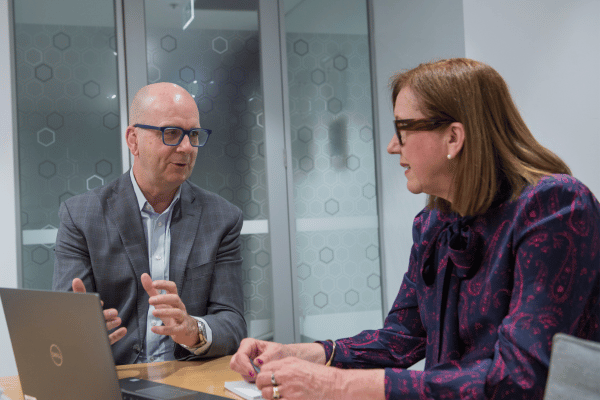
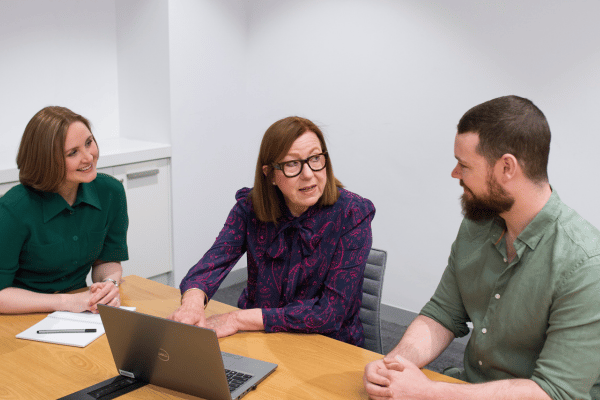
Melanoma and Skin Cancer Trials Consumer Advisory Panel
CAP Chair – Victoria
Alison has 10 years’ advocacy experience, is a stage II melanoma survivor, and has had basal and squamous cell carcinomas. She is a member of many consumer and research organisations, including the Cancer Council (Australia) Melanoma Guidelines Management Committee, the Victorian Cancer Registry and Melanoma Research Victoria. Alison has co-authored journal articles with leading clinicians and is an experienced associate investigator on studies and clinical trials.
Deputy Chair – New South Wales
Michelle has a lived experience with uveal melanoma. She presented on her experiences as a consumer at the 2023 Australasian Ocular Melanoma Alliance Summit and was featured in the Melanoma and Skin Cancer Trials 2022 Christmas fundraising appeal for the Uveal Melanoma Registry.
Ana Ratapu
New South Wales
Originally from New Zealand, Ana Ratapu was treated for melanoma in 2020, then two years later her melanoma returned and spread to her lungs. Ana was offered limited treatment in New Zealand, so she moved to Sydney where she joined an immunotherapy clinical trial. After 18 months on the trial, Ana’s scans showed she was cancer-free. Ana has a unique combination of her lived melanoma experience and the skills learnt as a clinical nurse caring for melanoma and breast cancer patients.
Queensland
In early 2022, John was diagnosed with Merkel cell carcinoma and participated in the I-MAT trial, which is coordinated by Melanoma and Skin Cancer Trials. John spoke at the group’s 2023 Annual Scientific Meeting about his experiences on the trial and as a Merkel cell carcinoma patient. As well as his consumer advocacy work, John is completing his PhD studies at Monash University.
Tara Fullston
Western Australia
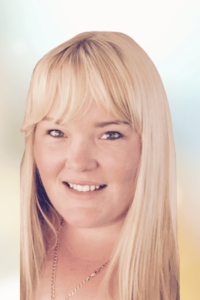
Tara was diagnosed with stage IIB nodular melanoma in 2017, then in 2021 she became stage IV. Tara was a participant in a clinical trial coordinated by Melanoma and Skin Cancer Trials, and she has had a complete response to treatment.
Jo Molsher
South Australia
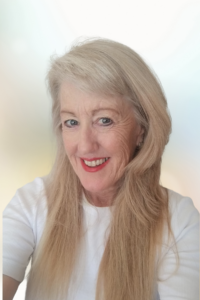
Jo has a lived experience with melanoma, and combined with her nursing background, brings a dual lens to her representation in this group.
New South Wales
Gemene was diagnosed with an early melanoma in 2017. Three and a half years later she became a stage IV patient and participated in a clinical trial, resulting in a complete metabolic response. With first-hand experience in tough diagnoses and clinical trials, Gemene hopes to contribute to ongoing advancements in treatment options with patient physical and mental wellbeing front of mind.
New South Wales
Trevor Day was diagnosed with Merkel cell carcinoma in 2020. He underwent numerous surgeries to remove the cancer and had immunotherapy for two years, but after being clear for four months, the cancer returned. Trevor is now on his second program of immunotherapy. Trevor is keen to help people understand more about the physical and mental aspects of living with Merkel cell carcinoma and the treatment he has received.
New Zealand
Western Australia
Nick was diagnosed with Stage III melanoma in April 2023 and responded well to the NADINA neoadjuvant trial, undergoing immunotherapy and surgery in June 2023. He remains cancer-free with a complete pathological response. In January 2025, Nick developed a demyelinating disease due to immunotherapy, but he is responding well to steroid treatment. He is a member of the MIA Consumer Group, the MIA WA Support Group, and the MIA Consumer and Community Advisory Committee for the National Targeted Skin Cancer Screening Program. Nick is a passionate advocate, dedicated to raising awareness about melanoma and reducing its impact.


